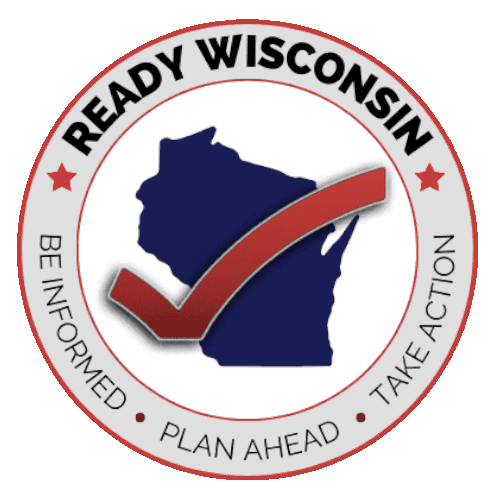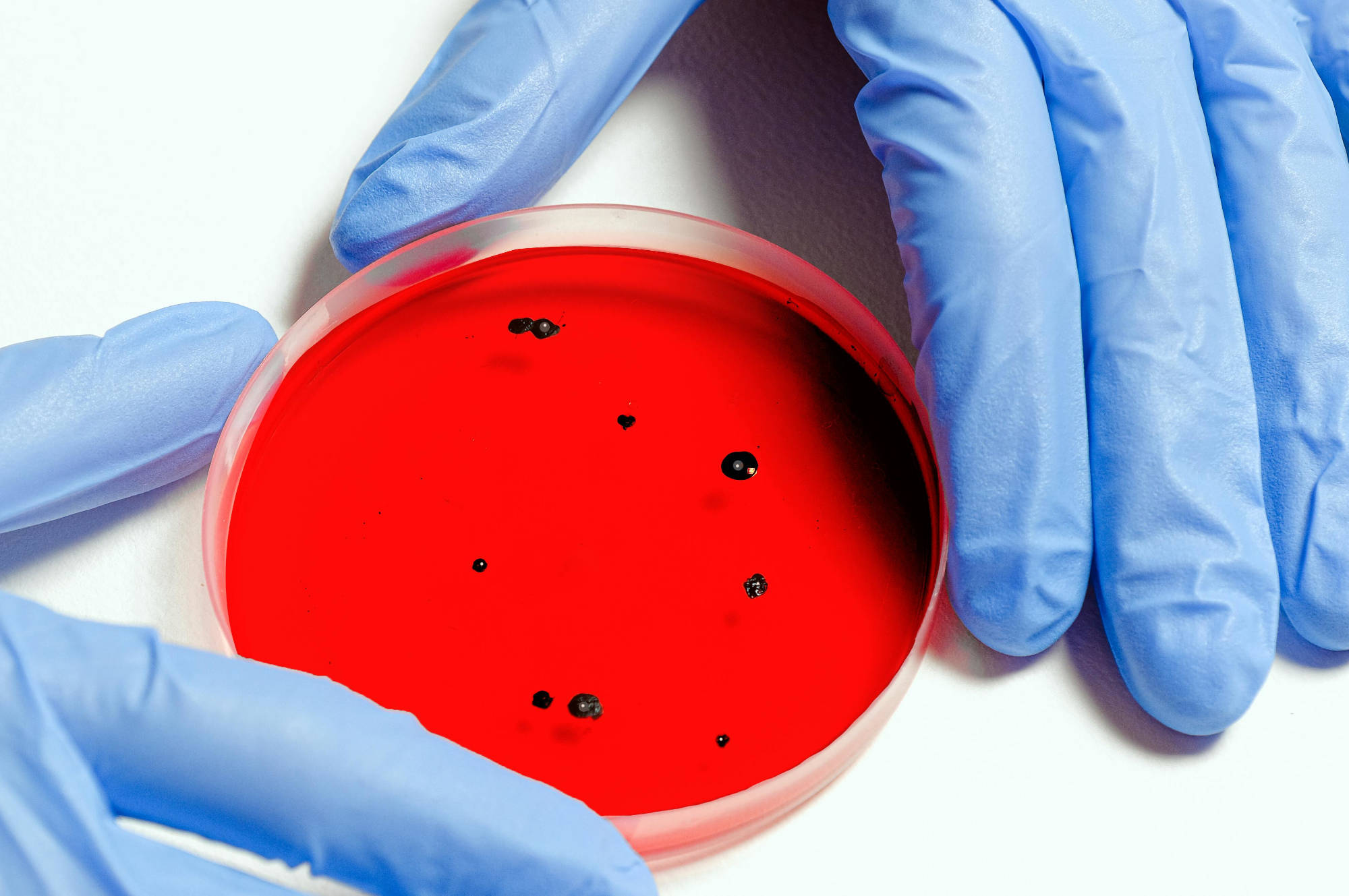A biological attack is the deliberate release of germs or other biological substances that can make you sick. Biological agents can be spread by spraying them into the air, through person-to-person contact, infecting animals that carry the disease to humans, and by contaminating food and water.
There are three basic groups of biological agents that could be likely used as weapons:
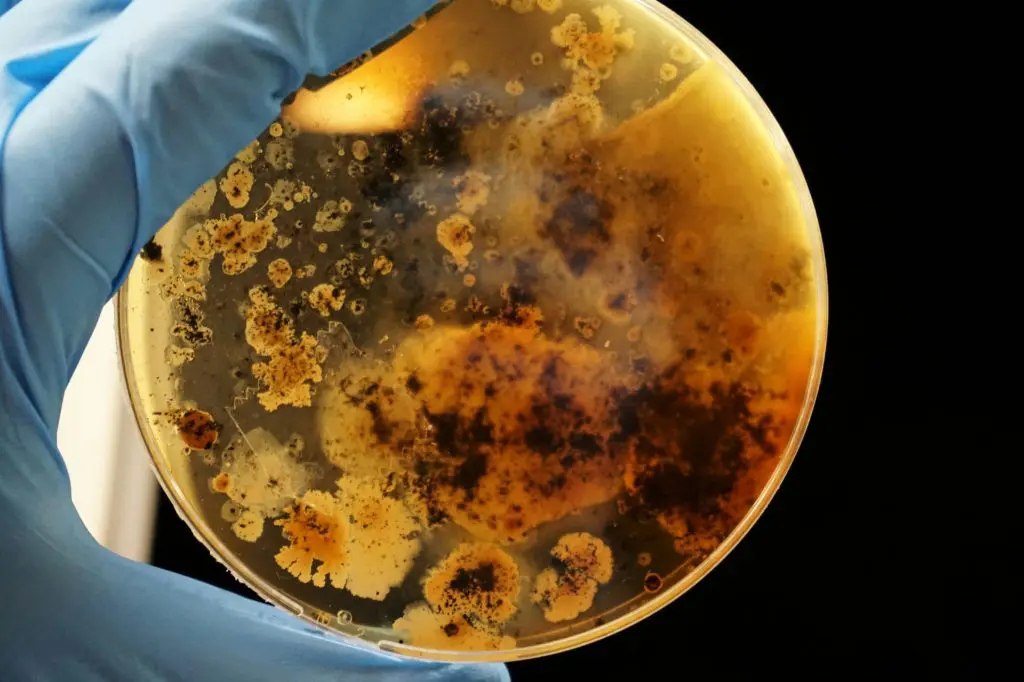
Bacteria
Bacteria are single-celled organisms that can cause infections and diseases, some of which can be weaponized for biological warfare.
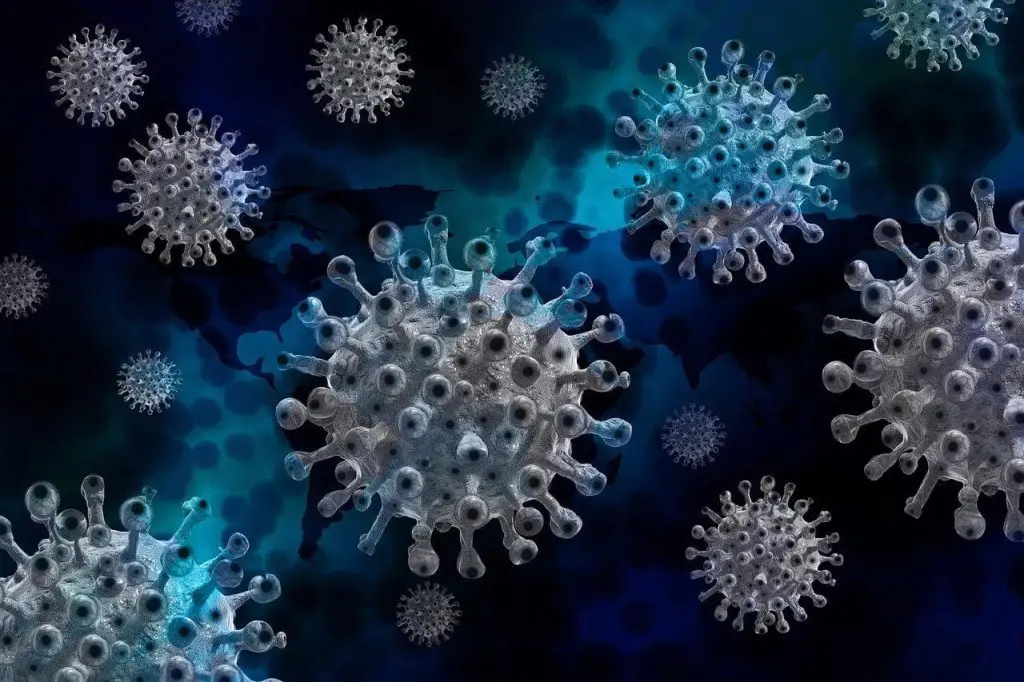
Viruses
Viruses are microscopic agents that infect living cells to replicate, potentially causing deadly diseases when used as biological weapons.
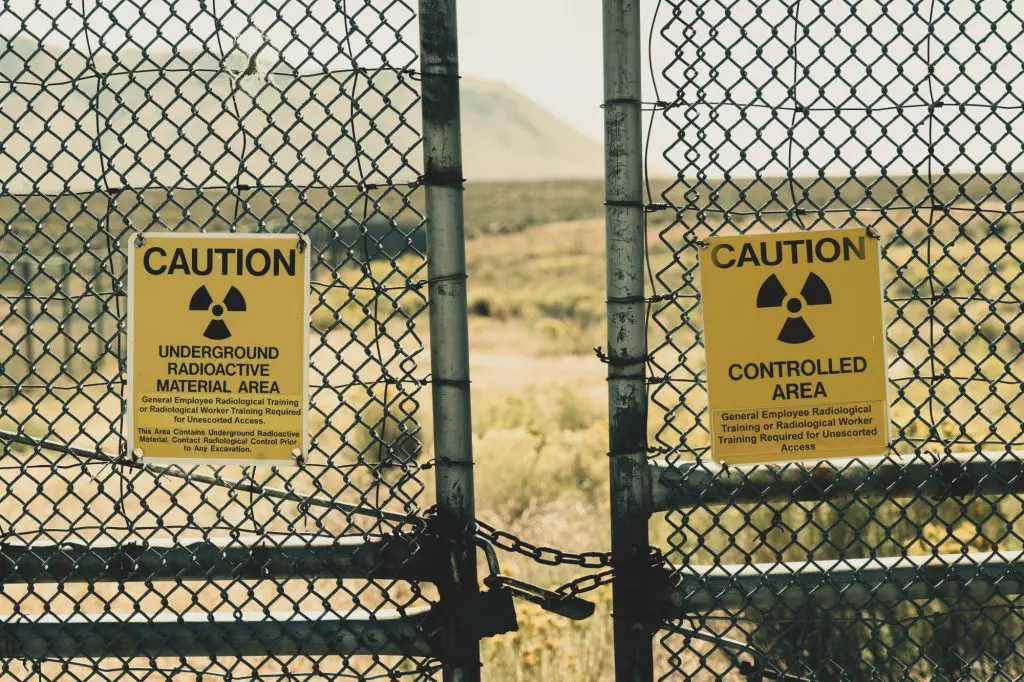
Toxins
Toxins are poisonous substances produced by organisms that can cause severe harm or death, and certain toxins can be harnessed as chemical weapons.
Protecting Yourself…
…Before a Biological Attack
A biological attack may not or may not be immediately obvious. In most cases, local health care workers will report a pattern of unusual illness or there could be a wave of sick people seeking emergency medical attention. You will be alerted through an emergency radio or TV broadcast, a phone call, or a home visit from an emergency response worker.
To prepare:
- Build an emergency kit.
- Make an emergency plan.
- Make sure you and your family have up-to-date immunizations
- Consider installing a high-efficiency particulate air (HEPA) filter in your furnace air return duct. This filters out most biological agents that may enter your home
…During a Biological Attack
The first evidence of an attack may be when you notice symptoms of the disease caused by exposure to an agent. In the event of a biological attack, public health officials may not immediately be able to provide information on what you should do. It will take time to figure out exactly what the illness is, how it should be treated and who is in danger.
- Pay attention to local news on television or radio, or check the internet or social media for official news and information including:
- Signs and symptoms
- Areas in danger
- If medications or vaccinations are being distributed
- Where to get medical attention if you become ill
- If you become aware of a suspicious substance, get away quickly.
- Cover your mouth and nose with layers of fabric or an N95 mask to filter the air but still allow breathing.
- If you have been exposed to a biological agent, remove and bag your clothes and personal items. Follow official instructions for disposal of contaminated items.
- Wash yourself with soap and water and put on clean clothes.
- Contact authorities and seek medical assistance. You may be advised to stay away from others or even quarantine.
- If your symptoms match those described and you are in the group considered at risk, immediately seek emergency medical attention.
- Follow instructions from doctors and public health officials.
- Avoid crowds.
- Wash hands with soap and water frequently.
- Do not share food or utensils.
- Do not share and spread misinformation on social media.
- Keep an eye on children. Their immune systems are not fully developed, and they do not understand the importance of safety measures.
…After a Biological Attack
Pay attention to all official warnings and instructions on how to proceed. Medical services for a biological event may be handled differently due to increased demand.
The basic procedures and medical protocols for handling exposure to biological agents are the same as for any infectious disease.
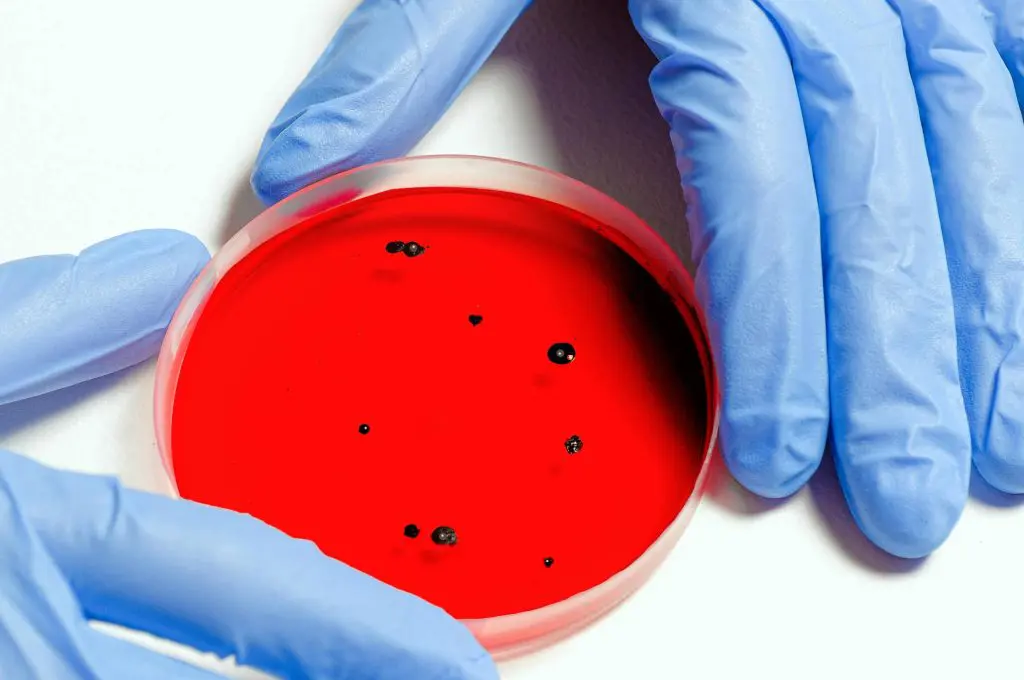
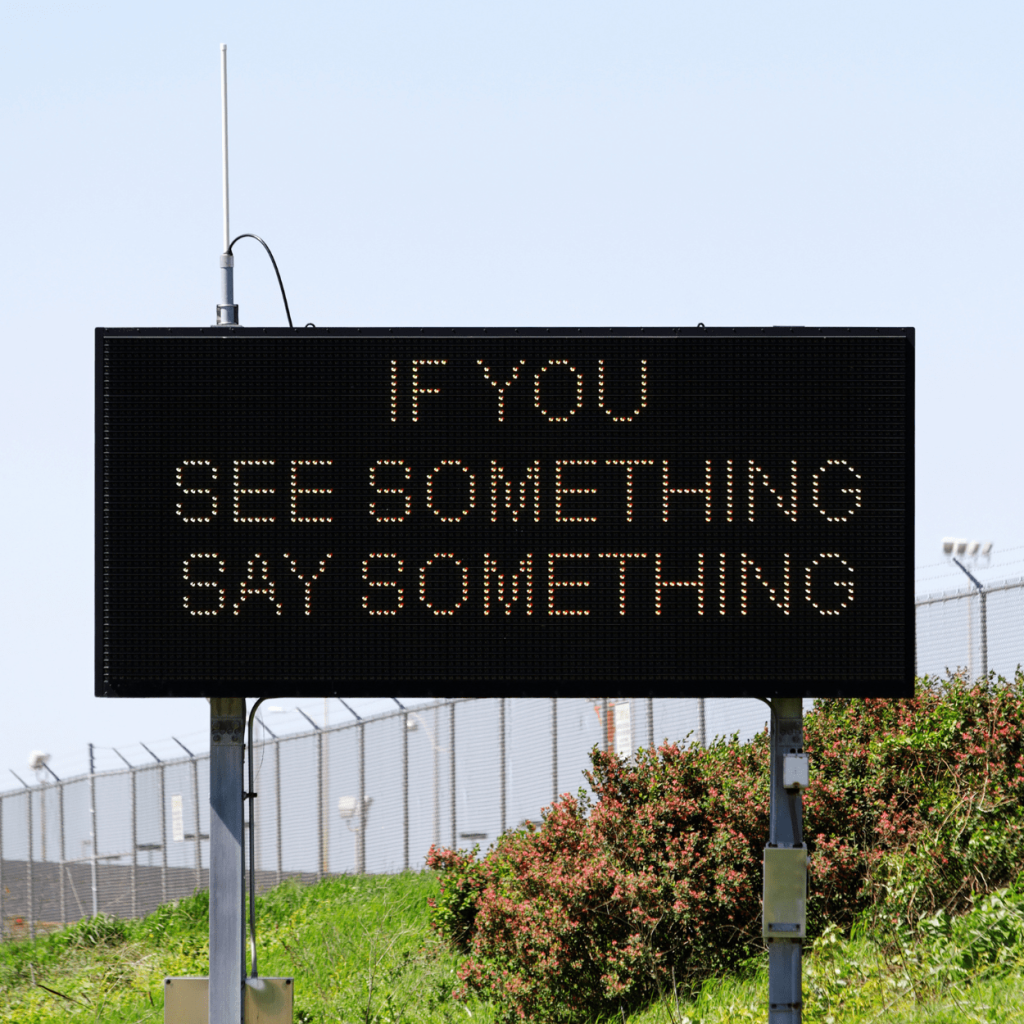
See Something, Say Something
If you see something suspicious, report it to authorities. In Wisconsin, call the Wisconsin Statewide Intelligence Center watch desk at 1-877-949-2824 and keep the five w’s in mind:
WHO
did you see
WHAT
did you see
WHEN
you saw it
WHERE
it occurred
WHY
it’s suspicious
